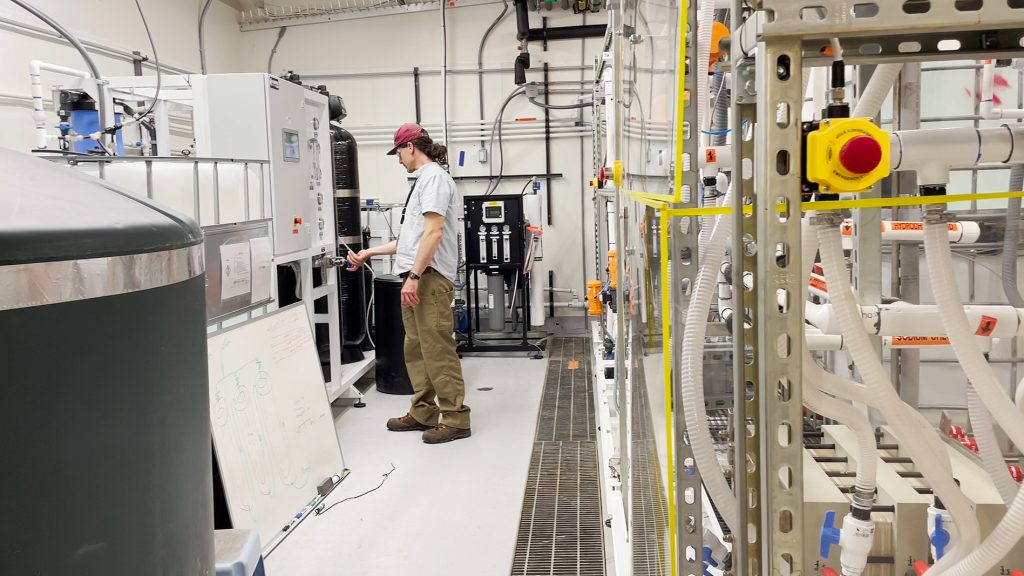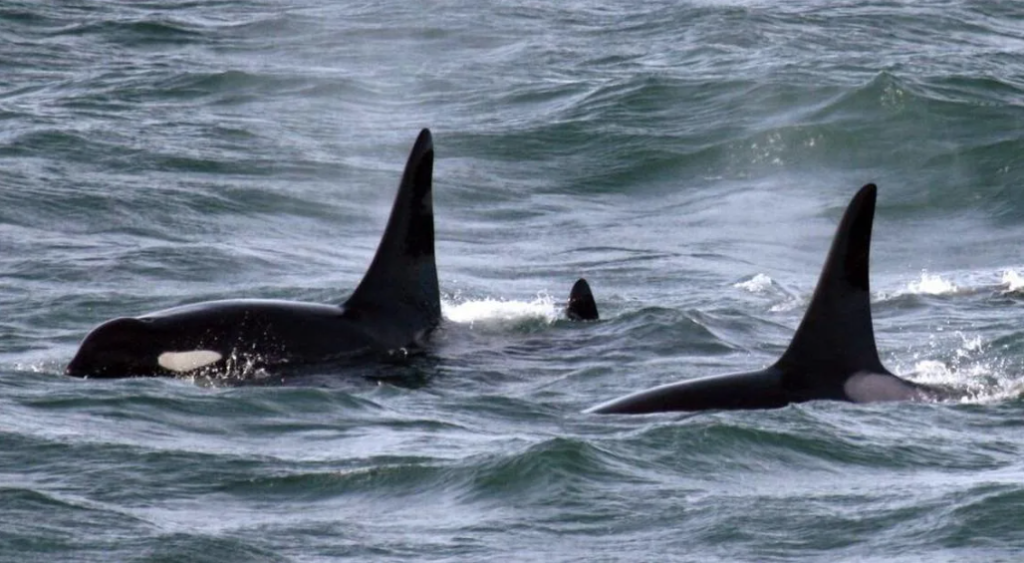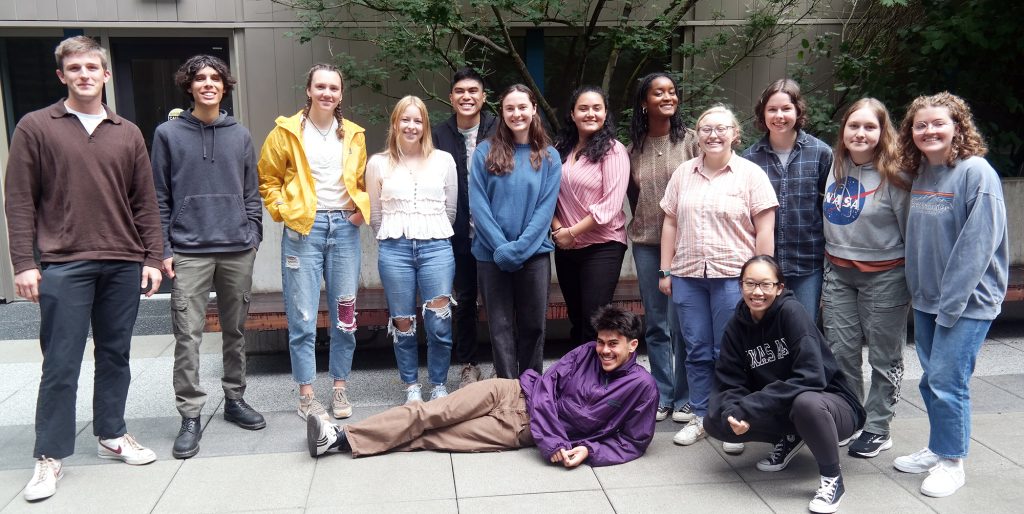New System Uses Seawater to Capture and Store CO2
By NOAA Research
A new system has begun removing acid from seawater at the U.S. Department of Energy’s Pacific Northwest National Laboratory (PNNL) facility in Sequim, Washington, allowing seawater to take up and store carbon dioxide (CO2) from the atmosphere.
‘The Blob’ is Back. Here’s What That Means for Both Salmon and Winter Sports in the PNW
By Robert Mittendorf, Bellingham Herald
“The Blob” is back — that swath of warm water in the northeast Pacific Ocean that can affect Washington state’s weather, ecology and economy.
In First Deployment, Ebb Carbon Uses Seawater to Capture and Store CO2
By Scott Coriell, Business Wire
Ebb Carbon – a climate technology startup founded by former Google X, Tesla, and SolarCity execs – has installed and begun operating its first marine carbon dioxide removal (mCDR) and ocean deacidification system at the Pacific Northwest National Laboratory (PNNL) facility in Sequim, Washington, marking an important step as the company begins to deploy its technology following a recent Series A investment round.
There Will Be More Mauis
The dangers of high winds and dry grassland make for a dangerous wildfire formula, and not just in Hawaii.
See story at New York MagazineQ&A with Carol Pérez
Carol joined UW on July 1, 2022, to serve as the Human Resources Manager for CICOES
WHAT WERE YOU DOING BEFORE YOU JOINED CICOES LAST JULY?
Dry, Warm Conditions to Worsen with El Niño’s Arrival in the Pacific Northwest
Climatologists discuss persistent drought conditions
By Lauren Ellenbecker, The Comumbian
The Pacific Northwest’s warm and abnormally dry conditions this spring and summer may worsen as El Niño settles in the region this fall.
Climate Change Prompts Questions on Future of Pacific Cod
By Margaret Bauman, The Cordova Times
New research compiled by NOAA Fisheries shows that adult Pacific cod are moving into the northern Bering Sea in summer months due to warming ocean waters, prompting questions about how changes in spawning habitat might impact productivity of these fish in the future.
CICOES Welcomes 14 Students for 2023 Research Experience for Undergrads
CICOES is excited to announce the start of our 2023 Research Experience for Undergraduates (REU). Our 14 students arrived on Tuesday, June 20, and are working on research projects with scientists at the University of Washington, the U.S.
Read moreThe Weather Ahead and What to Expect for Wildfire Season
By Katie Campbell and Angela King, KUOW
While spring in the Northwest has been cool and damp, the extended forecast shows the first few days of summer will be sunny and relatively warm.
Listen at KUOWResearchers Deploy Buoy Off Maui to Collect Ocean Data
By Maui News,
Researchers have deployed a new buoy off Maui that will work alongside uncrewed saildrones to help measure ocean data off multiple islands.









